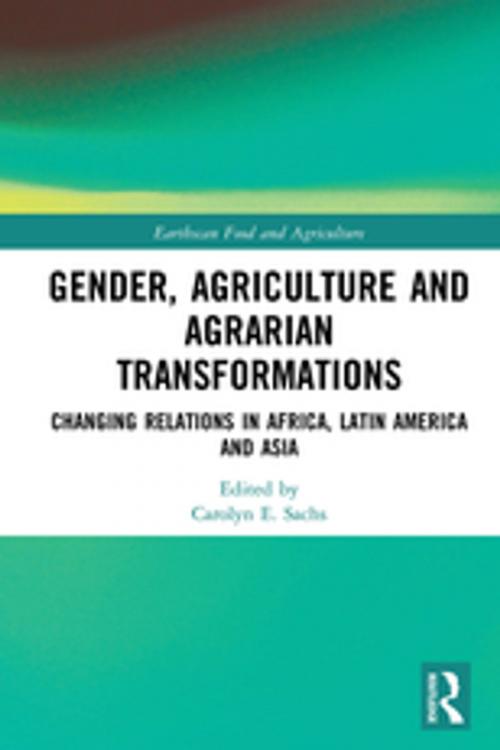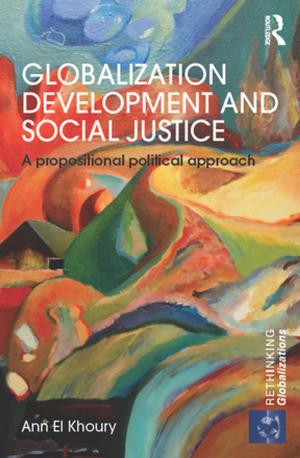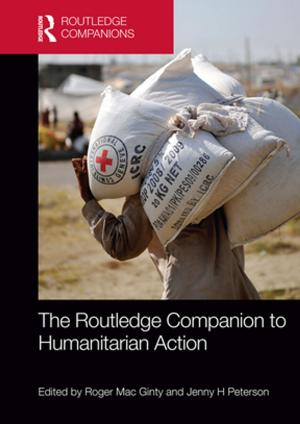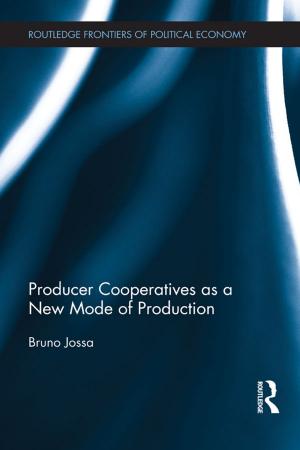Gender, Agriculture and Agrarian Transformations
Changing Relations in Africa, Latin America and Asia
Nonfiction, Science & Nature, Nature, Environment, Ecology, Science, Biological Sciences, Environmental Science, Social & Cultural Studies, Political Science, Government, Public Policy| Author: | ISBN: | 9780429763816 | |
| Publisher: | Taylor and Francis | Publication: | May 15, 2019 |
| Imprint: | Routledge | Language: | English |
| Author: | |
| ISBN: | 9780429763816 |
| Publisher: | Taylor and Francis |
| Publication: | May 15, 2019 |
| Imprint: | Routledge |
| Language: | English |
This book presents research from across the globe on how gender relationships in agriculture are changing.
In many regions of the world, agricultural transformations are occurring through increased commodification, new value-chains, technological innovations introduced by CGIAR and other development interventions, declining viability of small-holder agriculture livelihoods, male out-migration from rural areas, and climate change. This book addresses how these changes involve fluctuations in gendered labour and decision making on farms and in agriculture and, in many places, have resulted in the feminization of agriculture at a time of unprecedented climate change. Chapters uncover both how women successfully innovate and how they remain disadvantaged when compared to men in terms of access to land, labor, capital and markets that would enable them to succeed in agriculture. Building on case studies from Africa, Latin America and Asia, the book interrogates how new agricultural innovations from agricultural research, new technologies and value chains reshape gender relations.
Using new methodological approaches and intersectional analyses, this book will be of great interest to students and scholars of agriculture, gender, sustainable development and environmental studies more generally.
This book presents research from across the globe on how gender relationships in agriculture are changing.
In many regions of the world, agricultural transformations are occurring through increased commodification, new value-chains, technological innovations introduced by CGIAR and other development interventions, declining viability of small-holder agriculture livelihoods, male out-migration from rural areas, and climate change. This book addresses how these changes involve fluctuations in gendered labour and decision making on farms and in agriculture and, in many places, have resulted in the feminization of agriculture at a time of unprecedented climate change. Chapters uncover both how women successfully innovate and how they remain disadvantaged when compared to men in terms of access to land, labor, capital and markets that would enable them to succeed in agriculture. Building on case studies from Africa, Latin America and Asia, the book interrogates how new agricultural innovations from agricultural research, new technologies and value chains reshape gender relations.
Using new methodological approaches and intersectional analyses, this book will be of great interest to students and scholars of agriculture, gender, sustainable development and environmental studies more generally.















